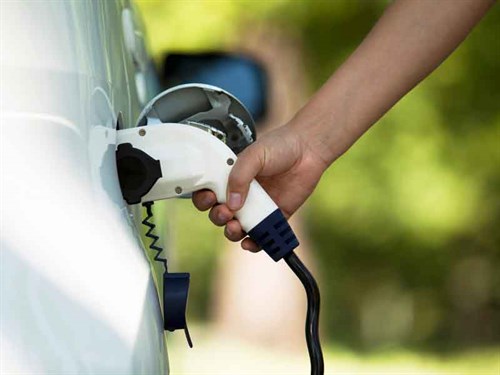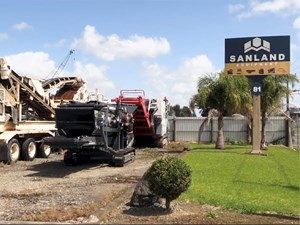Comment: Will electric vehicles take over by 2030?
The mass transition to electric vehicles is fast approaching, and by 2030 all automobiles on the road could be electric vehicles, all through market forces
The unveiling of Tesla’s new electric semi-truck in late 2017 was seen as a significant moment in the modernisation and technological advancement of the road transport industry.

While the Tesla Semi was highly anticipated prior to its launch and plenty had been written about it, even the most enthusiastic Elon Musk disciples were amazed at its performance numbers on launch day: acceleration of 0–60mph in 20 seconds with a full 36-tonne load, 65mph up a five percent gradient, a 300- to 500-mile range, and fuel savings of hundreds of thousands of dollars a year.
These figures blow any diesel-powered truck on the market out of the water and justify the view that the mass transition to electric vehicles is fast approaching.
The publicity generated by the Tesla Semi would also not have gone unnoticed in China, where fast-growing EV companies are champing at the bit to hoover up the breakthroughs made by the likes of Tesla and turn that into mass production.
Soon after the Tesla Semi was unveiled, world-renowned author, entrepreneur, and disruptive technology expert Tony Seba visited New Zealand to discuss this upcoming transport transition. Tony is the author of the best-selling book Clean Disruption of Energy and Transportation—How Silicon Valley Will Make Oil, Nuclear, Natural Gas, Coal, Electric Utilities and Conventional Cars Obsolete by 2030.
All electric
As the book’s title suggests, Tony says that by 2030, all automobiles on the road would be electric vehicles. He is also convinced that this does not come about through government interventions, distortionary subsidies, or other artificial incentives but rather through pure market forces.
EVs will, Tony’s model suggests, be significantly superior to internal combustion engine vehicles in terms of cost, performance, efficiency, and maintenance within a few years. Consumers will not need to be convinced to buy an EV, as it will be the obvious financial and practical choice.
Tony also predicts that many of those electric vehicles will be either fully or semi autonomous. All the costs and technological wizardry that have kept EVs on the margins up until now will reach a critical tipping point in the near future and once we hit that, it will speed the transition up exponentially.
The life and cost of batteries is improving rapidly, the per unit price of power is globally on its way down, and lidar surveying equipment is fast becoming affordable. The two big traditional impediments to electric and autonomous technology—vehicle range and cost—will improve dramatically.
Tony likens the potential speed of transition to what was experienced with the digital camera or smartphone. The consumer appeal and ease-of-use of the digital camera effectively killed off the need of traditional film overnight, while the multi-functional smartphone completely changed what customers expected from a phone.
Vehicle sharing
Tony also predicts that by 2040, few people will either drive or own vehicles. Vehicles will become shared resources that are hired and leased when and where they are needed. This could change how our cities work, as not as many vehicles will be required to transport people and goods around.
Currently, on an average, a private car spends 96% of its life sitting on the side of the road, in a car park, or a garage. Large areas currently dedicated to parking will no longer be required. It is exciting to think of what could be done with all that extra space.
What Tony is telling us is understandably difficult to comprehend. In a little more than a decade, the combustion engine will be irrelevant. However, the historical context of new technology adoption shows that uptake is never linear or consistent. Once a critical tipping point is reached, new technology completely wipes out old technology and it can happen extremely quickly.
Read more truck features on Deals on Wheels
Keep up to date in the industry by signing up to Deals on Wheels' free newsletter or liking us on Facebook.





.jpg)


.jpg)








